Wildlife & Wind Power
A new GPS tracking system could warn wind power companies of oncoming birds in time to prevent deadly collisions.


A new GPS tracking system could warn wind power companies of oncoming birds in time to prevent deadly collisions.
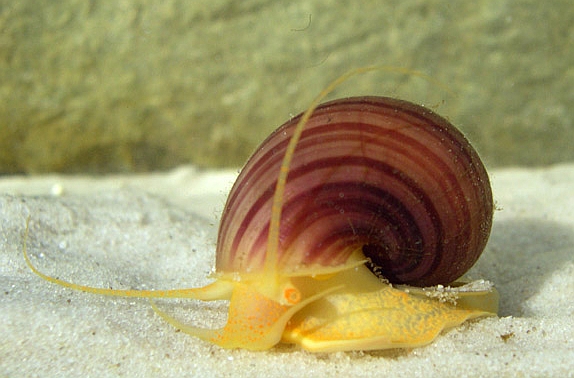
In Florida, invasive, disease-carrying tiger mosquitoes are breeding in the shells of an invasive snail.
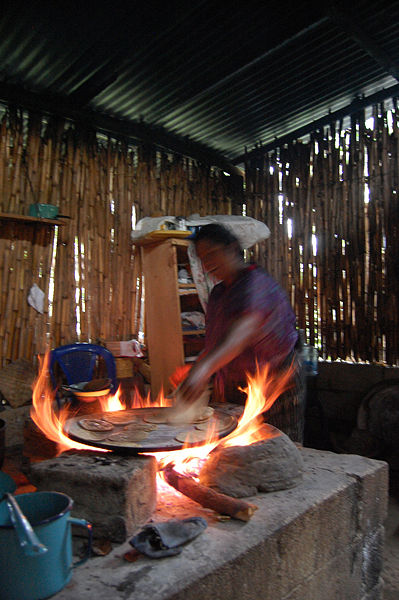
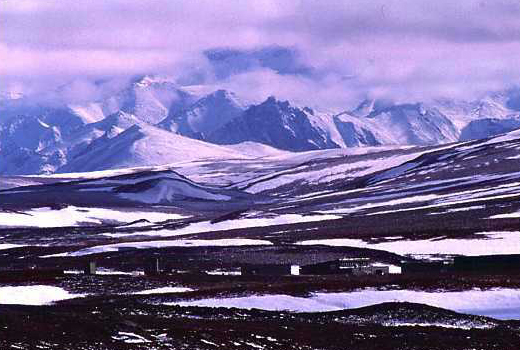
Like the pioneers of the American West, the birds that are now settling the Arctic frontier in response to climate change aren’t necessarily the biggest or the strongest, but may instead be castoffs from more hospitable settled areas.
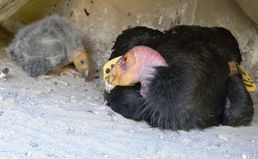
Captive-bred California Condors lack role models to show them how to survive in the wild. But wildlife biologists are there to help them navigate the modern world.
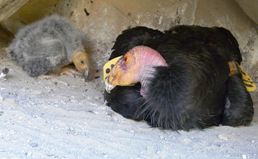
LIFE ON THE EGDE - The challenges facing endangered California Condors when they return to the wild. Could armadillos help end blindness? How scientists can tell that sharks really are what they eat. Fuel from the sea. And, unraveling the mysteries of glowing blue slime.
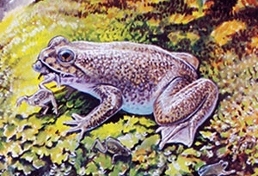
Using frozen DNA, researchers have created early-stage embryos of an extinct frog.
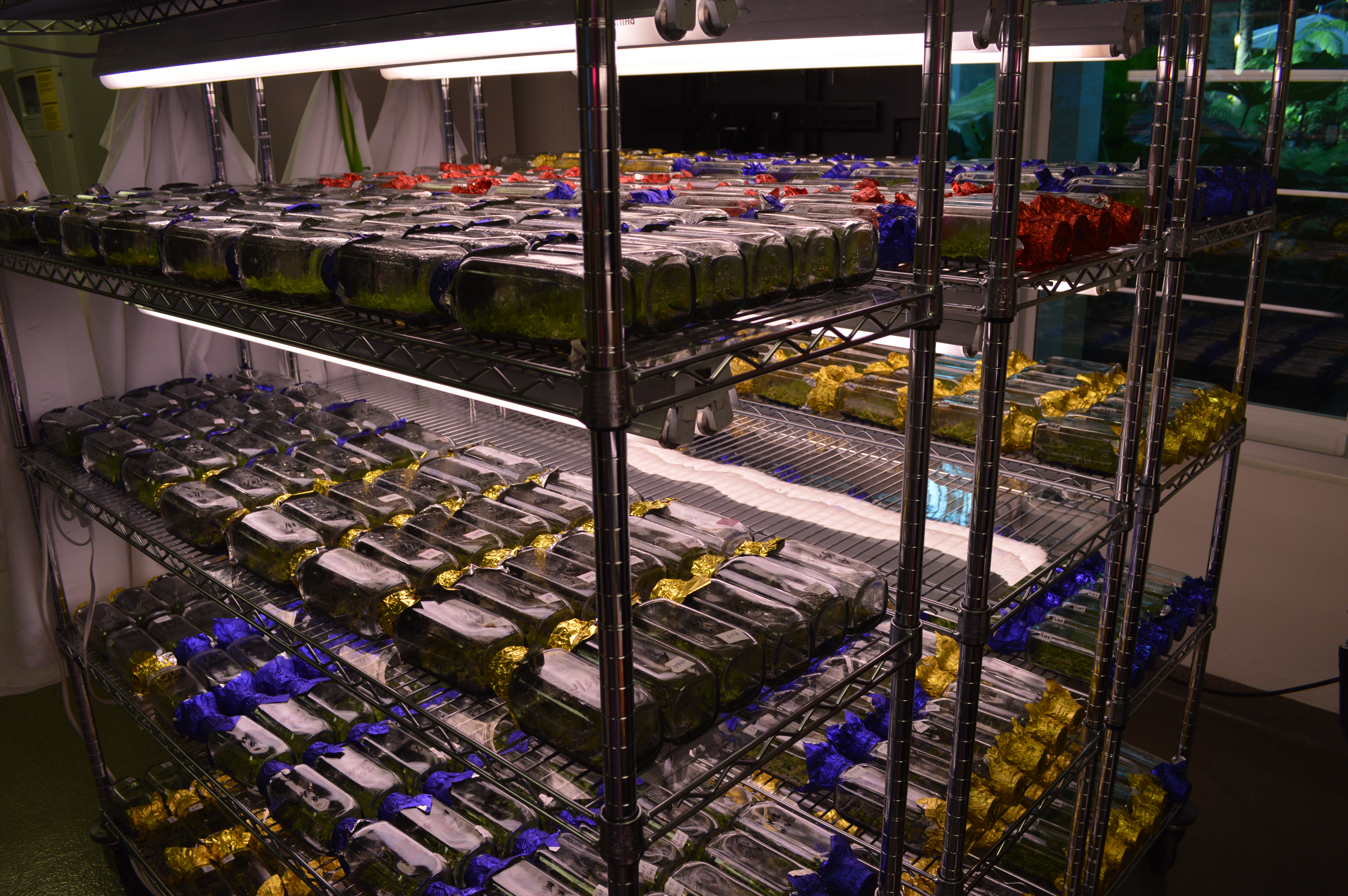
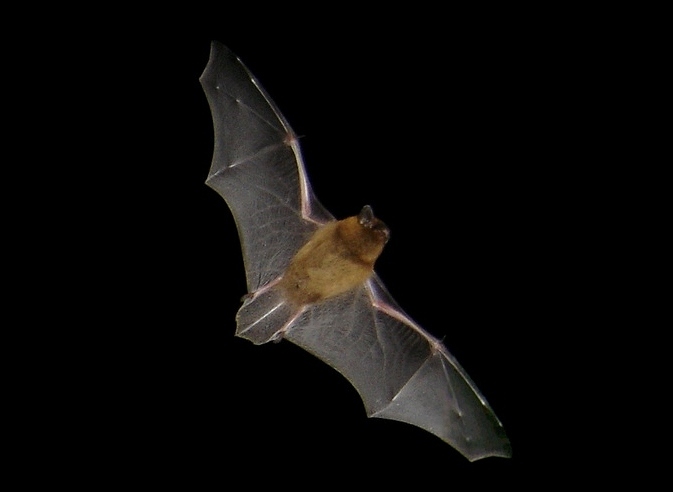
Researchers have created a citizen science website called Bat Detective to get the public involved in analyzing bat calls.
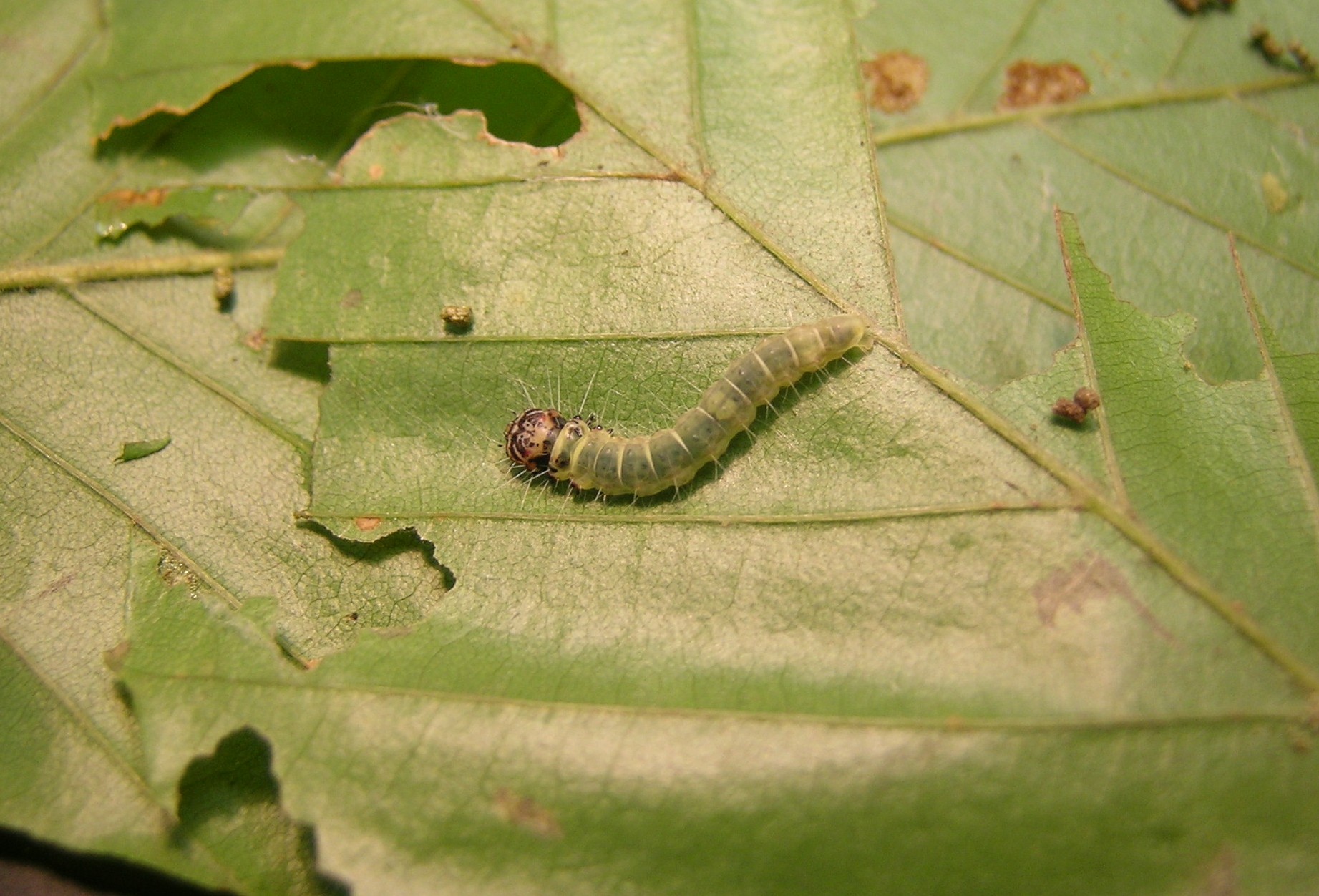

Scientists are using the science of computer vision to document climate change in the Rocky Mountains.
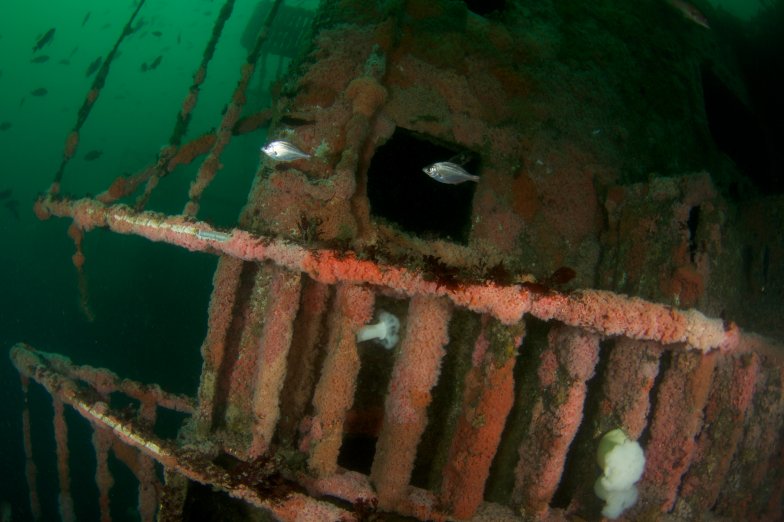

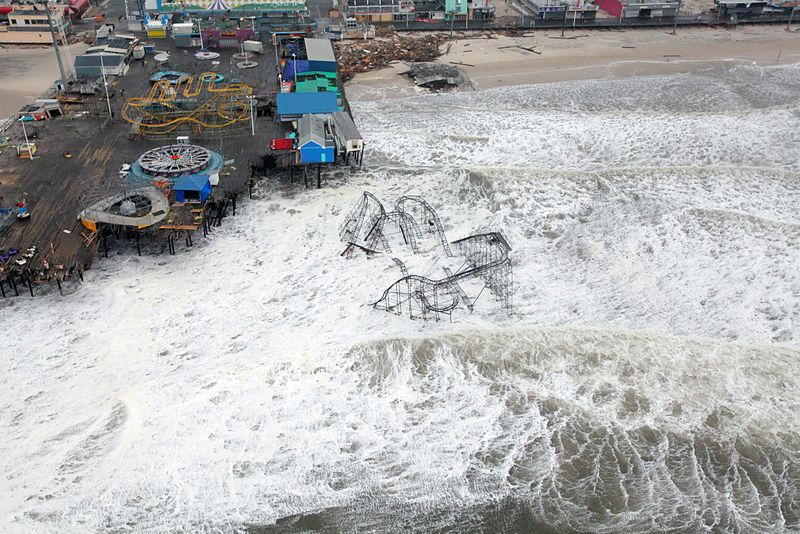
Natural coastal ecosystems like sand dunes and mangrove forests help protect coasts from natural disasters like Hurricane Sandy.
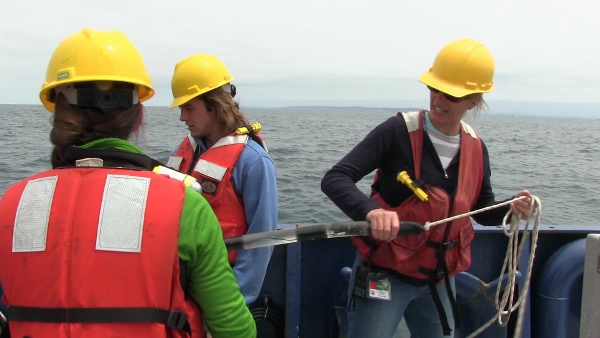
Microphone arrays around the North Pacific allow scientists to listen to the diversity of life under the sea.
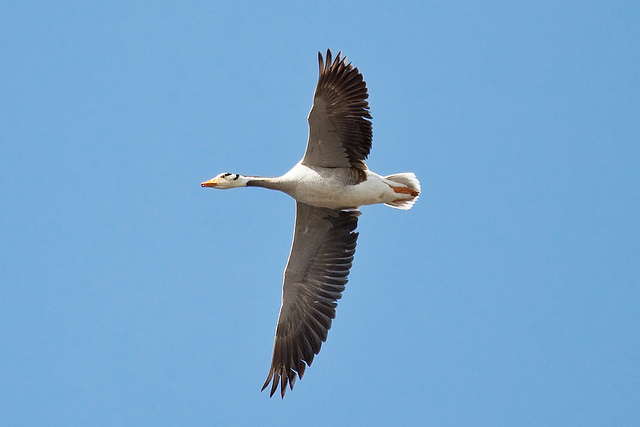
The highly efficient lungs of birds are inspiring climate-friendly carbon-capturing filters.
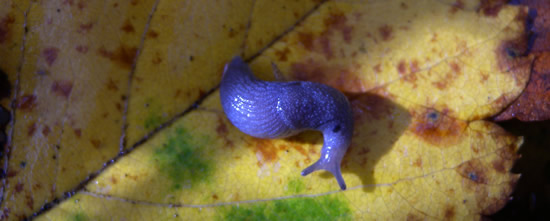
The Ugly Animal Preservation Society uses humor to raise awareness about nature's less attractive endangered animals.
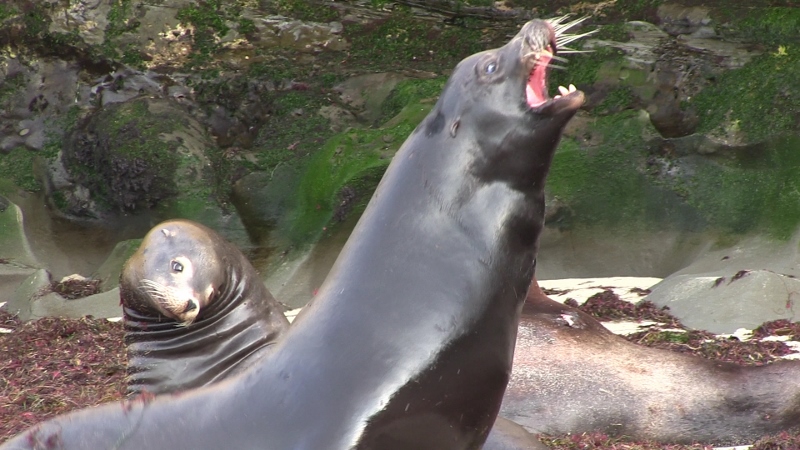
Underwater explosions scare sea lions away from commercial fishing operations. But the noise could be impacting whales and dolphins.
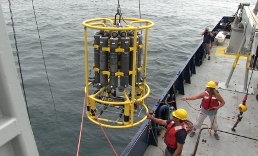
OCEAN LIFE - Scientists test a 3-D underwater microscope. How oxygen led to the rise of ocean carnivores. And why some fish are going back to school. Also, can computers be funny?

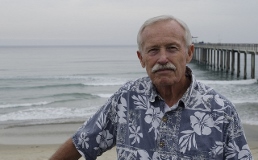
NATURE & HEALTH - Scientists look to the oceans for new antibiotics. The full moon affects sleep patterns. And, how paleo is the so-called "Paleo" diet? Also: How apes remember events.
